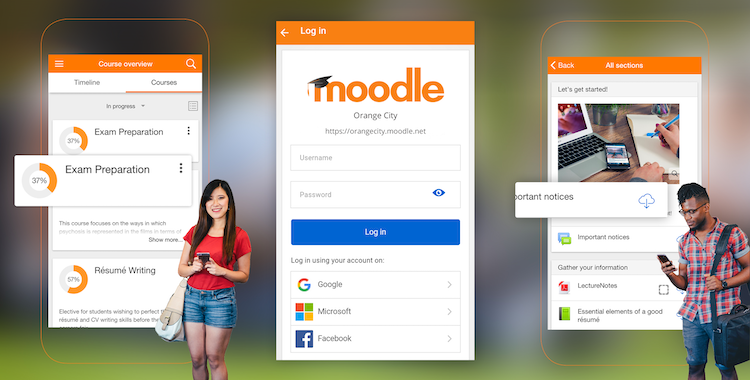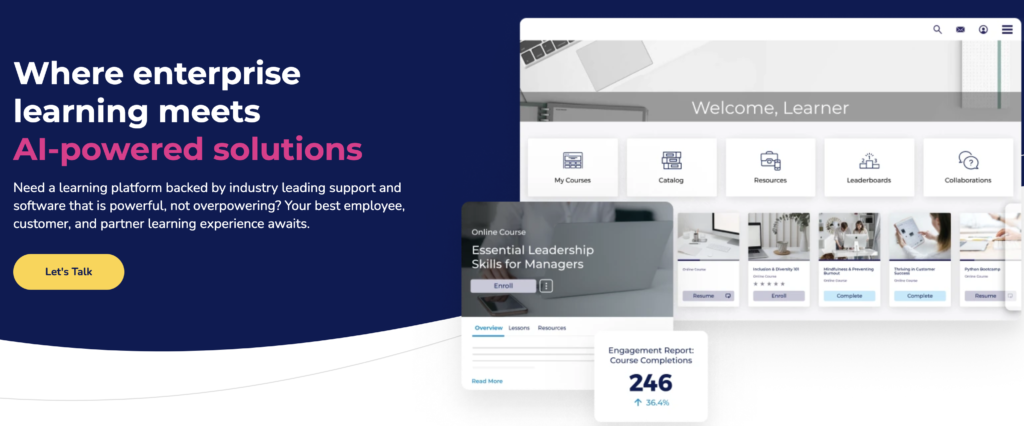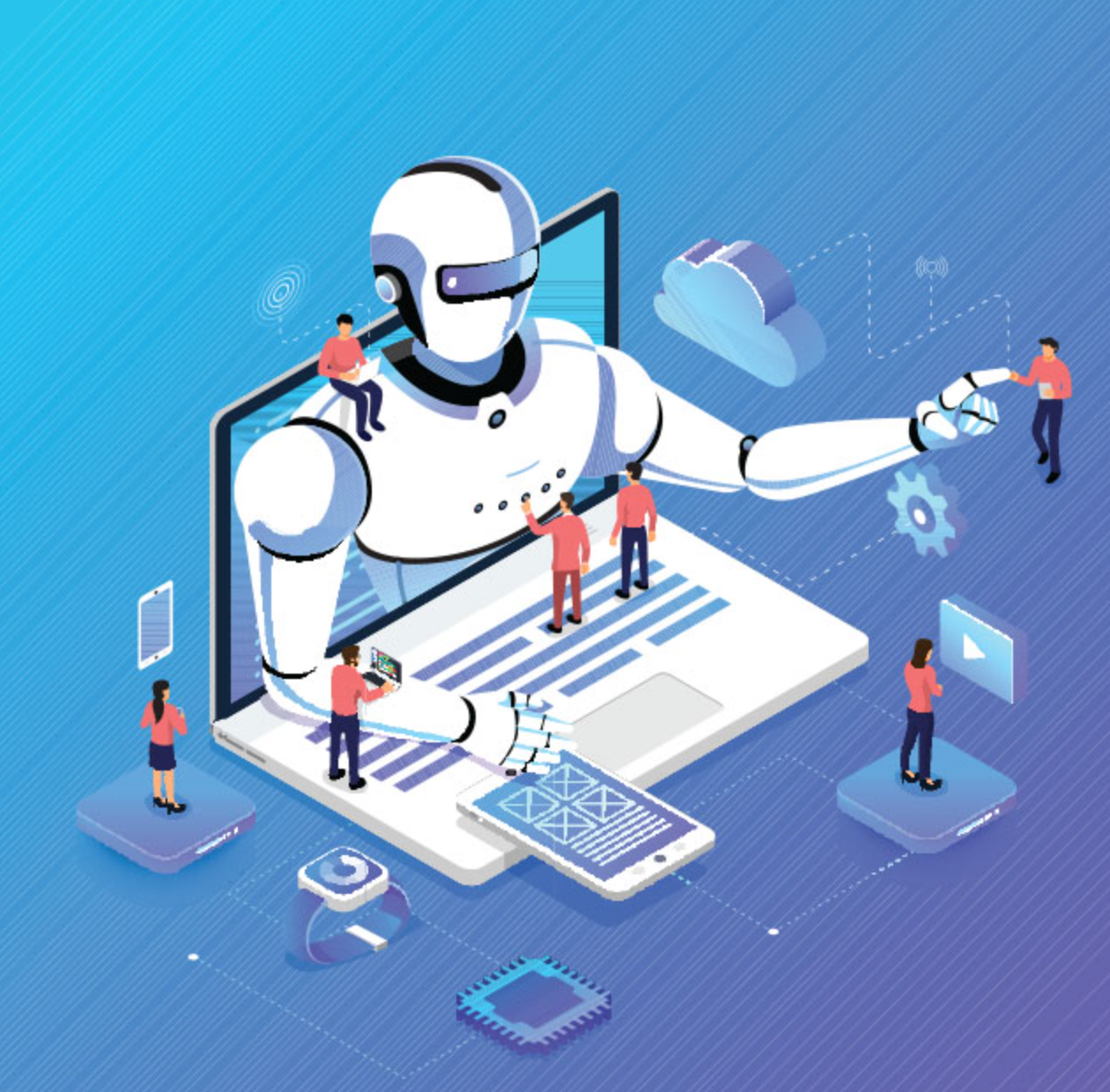In the rapidly evolving landscape of education and training, Learning Management Systems (LMS) powered by artificial intelligence (AI) are transforming the way learners and educators interact with content. These AI-driven LMS platforms offer personalized learning experiences, automate administrative tasks, and provide data-driven insights to improve educational outcomes. Here’s a look at the top 10 AI-powered LMS that are leading the charge in reshaping learning experiences.

Moodle
Moodle, one of the most popular open-source LMS, has integrated AI to enhance its capabilities. The AI features in Moodle include personalized learning paths, intelligent tutoring systems, and automated grading. AI algorithms analyze student performance and engagement to provide tailored recommendations and interventions, ensuring that learners receive the support they need.

Blackboard Learn
Blackboard Learn leverages AI to offer a more personalized and efficient learning experience. Its AI-driven features include predictive analytics to identify at-risk students, automated grading tools, and personalized content recommendations. Blackboard’s AI also helps in streamlining administrative tasks, allowing educators to focus more on teaching.
Canvas
Canvas by Instructure integrates AI to provide adaptive learning experiences and predictive analytics. Its AI capabilities include automated grading, personalized learning pathways, and real-time feedback mechanisms. Canvas’s AI tools help educators track student progress and tailor instruction to meet individual learning needs.
Edmodo
Edmodo’s AI-powered LMS enhances the learning experience through personalized content recommendations and intelligent feedback systems. The platform uses AI to analyze student interactions and performance, providing insights that help educators design more effective lesson plans and interventions.
Knewton
Knewton is renowned for its adaptive learning technology, which personalizes educational content based on individual student needs. The AI in Knewton analyzes student performance data to create customized learning paths, ensuring that each learner receives instruction that is most relevant to their strengths and weaknesses.
Brightspace by D2L
Brightspace by D2L uses AI to provide a more engaging and personalized learning experience. Its AI-driven features include adaptive learning paths, predictive analytics, and automated content recommendations. Brightspace’s AI tools help identify students who may need additional support and provide actionable insights to educators.

Coursera
Coursera, a leading online learning platform, utilizes AI to enhance its LMS capabilities. AI-driven features include personalized course recommendations, automated grading, and adaptive learning paths. Coursera’s AI algorithms analyze learner data to provide insights that help improve course design and learner engagement.

Absorb LMS
Absorb LMS leverages AI to provide a seamless and intuitive learning experience. Its AI capabilities include personalized learning paths, intelligent content recommendations, and detailed analytics. Absorb LMS’s AI tools help organizations tailor training programs to individual learner needs, enhancing overall engagement and effectiveness.

360Learning
360Learning uses AI to facilitate collaborative learning and peer-driven knowledge sharing. The platform’s AI features include automated content curation, personalized learning paths, and advanced analytics. 360Learning’s AI-driven approach helps organizations foster a culture of continuous learning and improvement.

Zavvy
Zavvy integrates AI to offer a highly personalized and adaptive learning experience. Its AI-powered features include real-time feedback, personalized learning recommendations, and automated progress tracking. Zavvy’s AI tools help organizations create dynamic and effective training programs that adapt to the needs of individual learners.
How AI Improves LMS
AI significantly enhances the functionality of LMS platforms by providing personalized learning experiences, automating routine tasks, and offering data-driven insights. Personalized learning paths ensure that each student receives instruction tailored to their unique needs and learning styles. Automated grading and administrative tasks save educators time and reduce errors. Furthermore, AI-driven analytics provide valuable insights into student performance, helping educators identify areas where students may need additional support and tailor their instruction accordingly.
What Are the Differences Between Standard LMS and AI LMS?
The primary difference between standard LMS and AI-powered LMS lies in the level of personalization and automation. Standard LMS typically offer a one-size-fits-all approach, where all students follow the same learning path regardless of their individual needs and abilities. In contrast, AI LMS use data and machine learning algorithms to personalize the learning experience for each student. This includes adaptive learning paths, personalized content recommendations, and real-time feedback. Additionally, AI LMS can automate many administrative tasks, such as grading and tracking student progress, which are typically manual processes in standard LMS.
Features to Look for in an AI LMS
When choosing an AI-powered LMS, it is important to look for features that will provide the most benefit to your organization. Key features to consider include:
- Personalized Learning Paths: Ensure the LMS can tailor the learning experience to individual needs.
- Automated Grading and Feedback: Look for systems that can handle grading and provide instant feedback to learners.
- Predictive Analytics: Choose an LMS with predictive analytics to identify at-risk students and provide timely interventions.
- Content Recommendations: An AI LMS should be able to recommend relevant content based on learner behavior and preferences.
- User-Friendly Interface: Ensure the platform is easy to use for both learners and administrators.
- Integration Capabilities: The LMS should integrate seamlessly with other tools and systems used by your organization.
- Scalability: Choose a platform that can grow with your organization’s needs.
- Security: Ensure the platform has robust security measures to protect sensitive data.
By selecting an AI-powered LMS with these features, you can enhance the learning experience, improve educational outcomes, and streamline administrative processes. AI-driven LMS platforms are set to play a crucial role in the future of education and training, providing tools and insights that empower educators and learners alike.


Leave a Reply